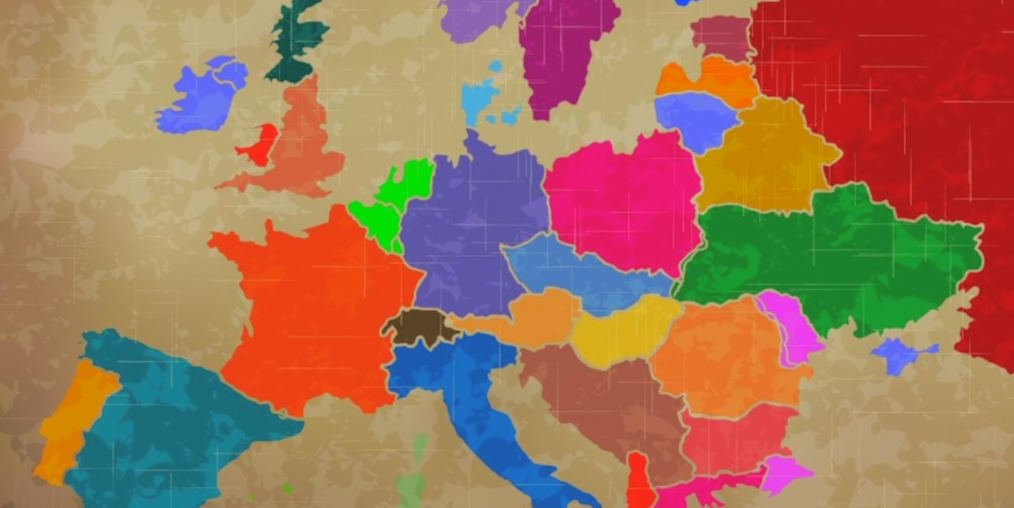Regional economic blocs, such as the European Union (EU) and the Association of Southeast Asian Nations (ASEAN), have emerged as powerful economic development and cooperation drivers. These blocs promote regional integration through various mechanisms and policies, yielding several benefits:
Trade Facilitation
Regional economic blocs often establish preferential trade agreements among member states, reducing trade barriers like tariffs and quotas. It promotes intra-regional trade and economic growth.
Economies of Scale
Larger markets created by regional blocs allow businesses to operate at a larger scale, resulting in cost efficiencies and improved competitiveness. It can attract foreign investment and create jobs.
Infrastructure Development
Regional projects funded by blocs can lead to significant infrastructure development, including transportation networks, energy grids, and digital connectivity. Improved infrastructure boosts economic activity.
Harmonized Regulations
Regional blocs harmonize regulations and standards, making it easier for businesses to operate across borders. It reduces compliance costs and enhances market access.

Resource Sharing
Member states often pool resources for mutual benefits, such as joint research and development initiatives, disaster response, and environmental protection efforts.
Innovation and Technology Transfer
Collaboration within regional blocs can facilitate the transfer of technology and knowledge between member states, fostering innovation and industrial development.
Political Stability
Economic integration can contribute to political stability by aligning member states’ interests and reducing the likelihood of conflicts. This stability attracts investment and promotes long-term development.
Social Cohesion
Regional blocs frequently support social development programs, including education, healthcare, and poverty alleviation. These initiatives contribute to human capital development.
Foreign Policy Leverage
Regional economic blocs can negotiate from a position of strength globally, influencing international trade agreements and advocating for their members’ interests.
Global Competitiveness
Through regional cooperation, member states can collectively negotiate trade agreements with other countries and regions, enhancing global competitiveness.
Despite these benefits, regional economic blocs also face challenges, including the need for effective governance, addressing disparities among member states, and ensuring equitable distribution of benefits. Additionally, they must adapt to evolving global economic dynamics, technological changes, and geopolitical shifts.






 Brian L. Gade is Professor of Economics at the Stanford University, Stanford, CA
Brian L. Gade is Professor of Economics at the Stanford University, Stanford, CA James M. Holman is Professor of Public Affairs and Economics at the Baltimore, MD
James M. Holman is Professor of Public Affairs and Economics at the Baltimore, MD